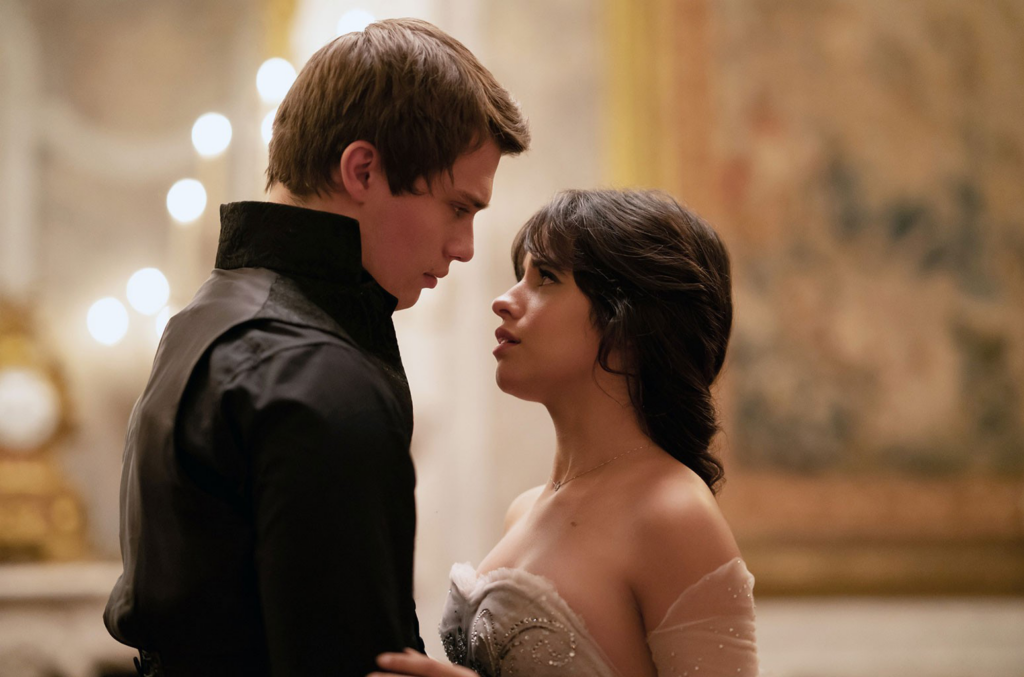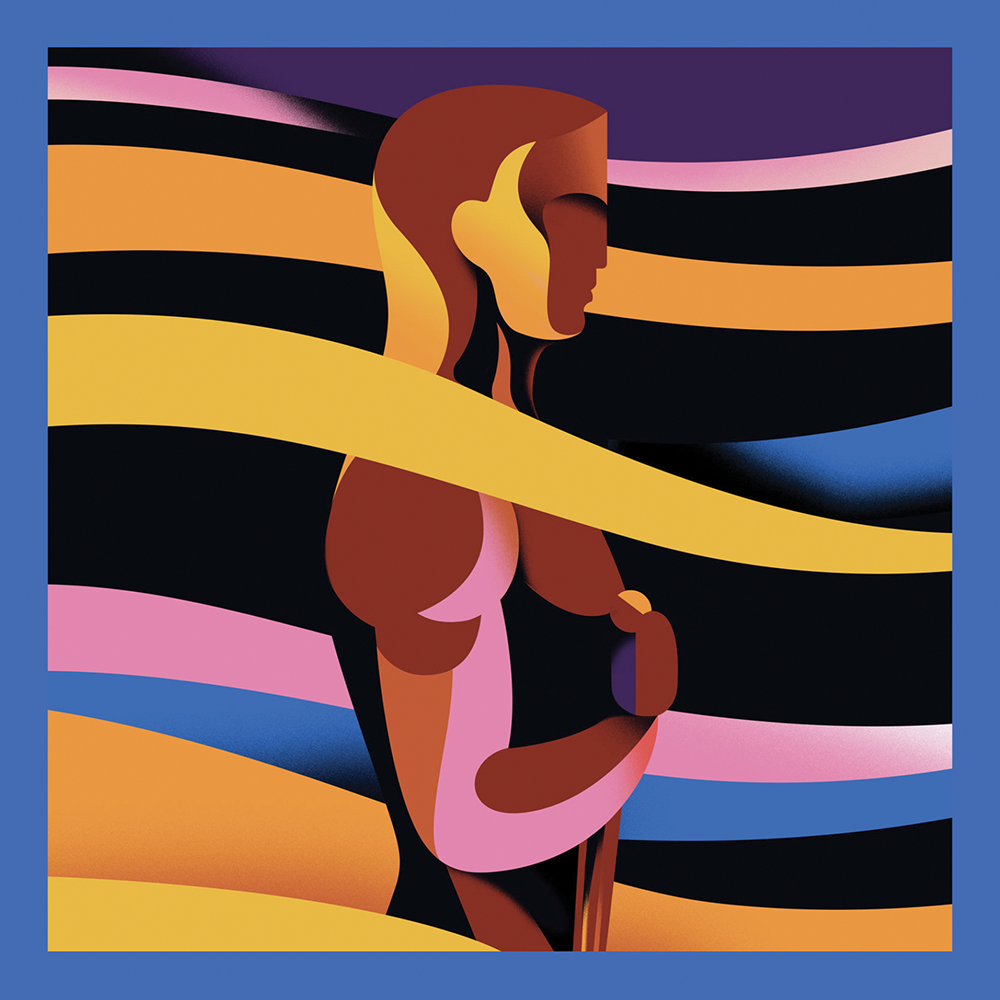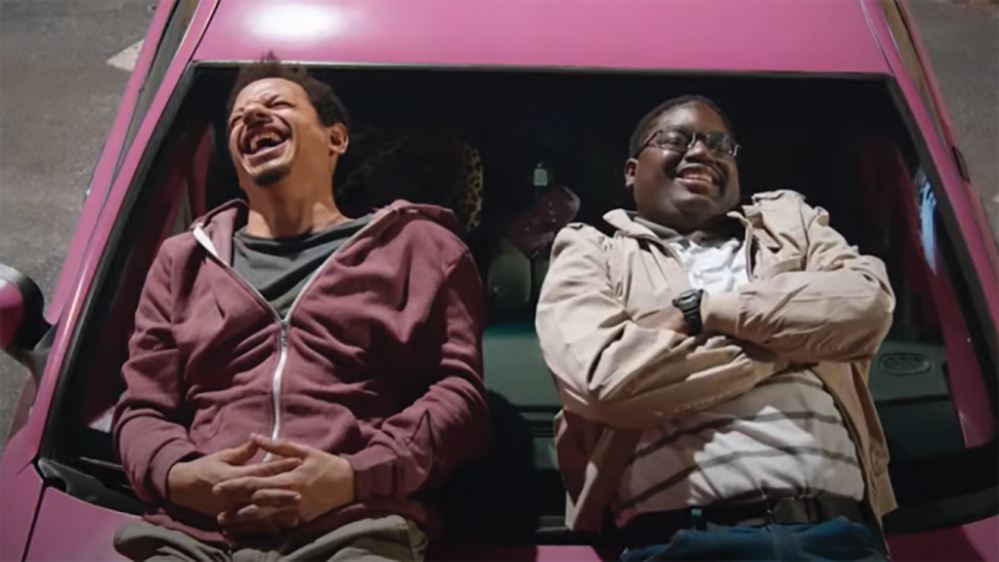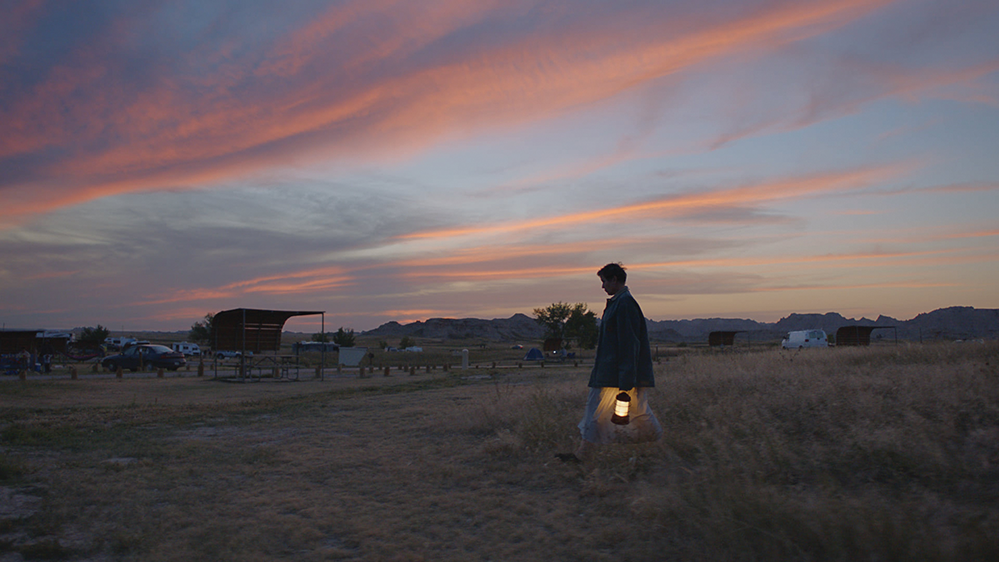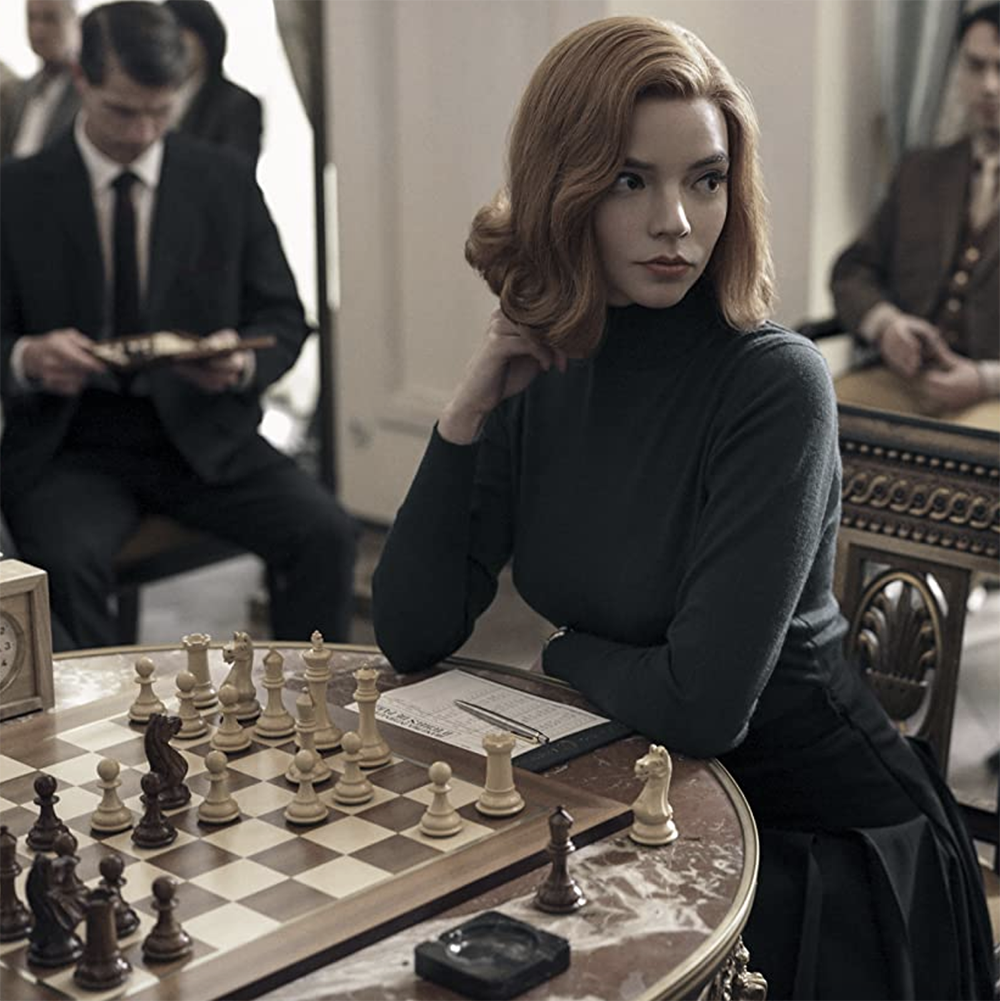★★★★★
The court case and trial of the Chicago Seven took place over fifty years ago, but its on-screen portrayal in the new Netflix film “The Trial of The Chicago 7” is a poignant reflection of the United States today.
The Chicago Seven were put on trial in the 1960s for alleged conspiracy and rioting during the Democratic National Convention in Chicago on Aug. 28, 1968. Although much of the movie takes place in the courtroom, it is not the content of the trial but rather the deeper systemic racism and inequality it reveals that makes the movie so hard hitting and honest.
At the time of the convention in 1968, the American political and social climate was incredibly turbulent. Martin Luther King Jr. had been assassinated only months prior, lives lost in the Vietnam War continued to rise in number and the societal inequalities that inspired the Civil Rights Movement were at the forefront of the political discourse. In response, Abbie Hoffman (Sacha Baron Cohen), Rennie Davis (Alex Sharp), Tom Hayden (Eddie Redmayne) and other activists organized individual protests and marches to take place at the same time as the convention. When hundreds of thousands of police officers were sent into the streets during the protests, horrendous violence ensued.
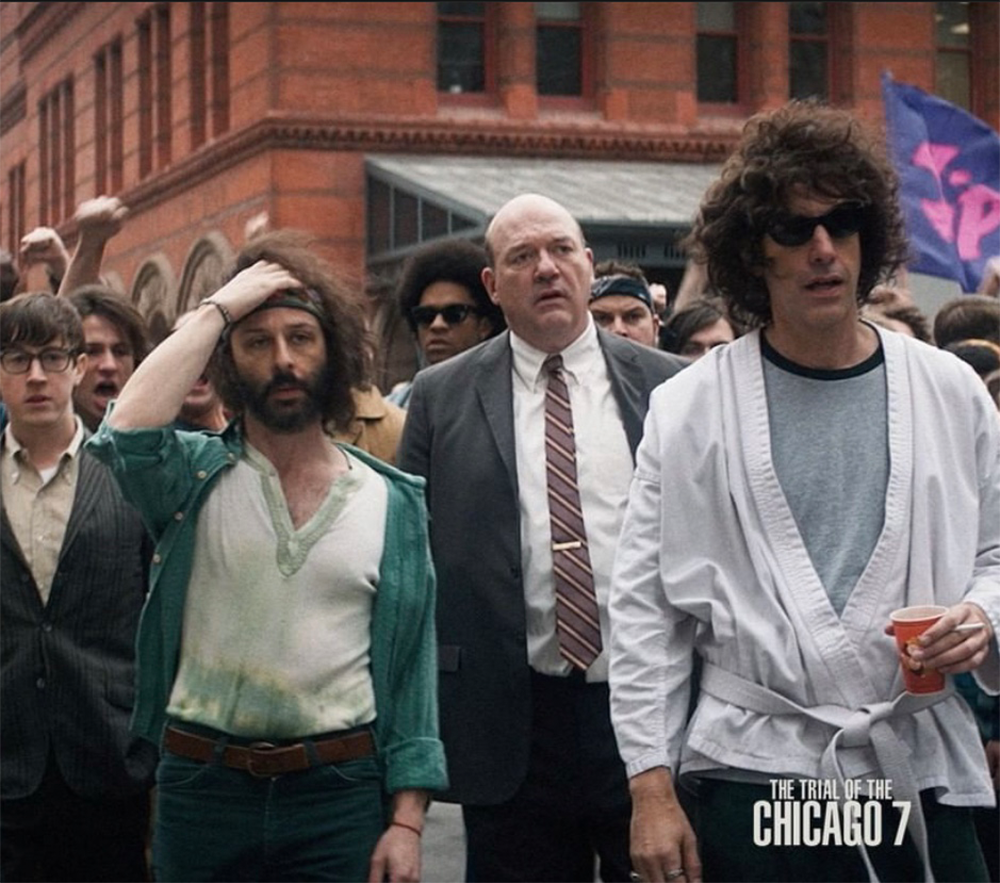
While it is often easy to believe on-screen portrayals of historical events are exaggerated for dramatic effect, “The Trial of the Chicago 7” breaks up scenes with actual footage from the time period. Arguably the most charged moments of the film are snippets of real footage, particularly of the exact moment when violence broke out between police officers and rioters Aug. 28. Tear gas and riot clubs fill the scene, evoking imagery of today’s demonstrations, particularly of recent Black Lives Matter protests.
As with the recent protests, one of the main objectives of the film is to call attention to systemic racism and discrimination. Even the physical layout of the courtroom scene is full of underlying messages about discrimination, as members of the Black Panther Party were told the jury wouldn’t like it if they kept their hats on and sat together.
Beyond this representation of the racial divide, Judge Julius Hoffman’s (Frank Langella) explicit racial profiling and discrimination against Bobby Seale (Yahya Abdul-Mateen II), the eighth defendant in the trial who eventually pursued his own case, demonstrates the film’s broader social commentary on the deep-seated systemic racism that plagues our country. Other scenes touch on the murder of Fred Hampton, deputy chairman of the Chicago chapter of the Black Panther Party at the time of the riots, who lost his life to police brutality while the trial was taking place.
The real takeaways of “The Trial of the Chicago 7” become apparent as the viewer shifts their focus away from the technical ins and outs of the courtroom and starts to analyze the social climate, the real reasons behind the activists’ decisions to march and the authorities discriminatory response.
How and why do peaceful marches and protests turn into riots? Who was truly responsible for the violence in 1968? How do we collectively confront racial discrimination and fight for justice? These questions, and many more, form the true essence of “The Trial of the Chicago 7,” which is not just a film to watch, but one to actively participate in and learn from.
Director Aaron Sorkin reminds viewers 2020 unfortunately resembles the 1960s in more ways than one — and not in ways we should be proud of. Viewers should ask themselves precisely why and what they can do to fix it. “The Trial of the Chicago 7” is a must-see, especially for those who want to continue educating themselves about the country’s past to prevent a racist future.








